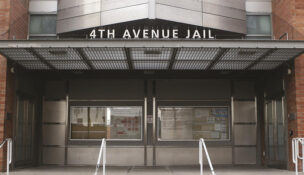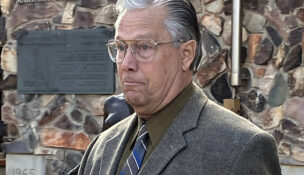Clean Elections revamp hikes contribution limits, reduces matching funds
Arizona Capitol Reports Staff//June 22, 2007//[read_meter]
Clean Elections revamp hikes contribution limits, reduces matching funds
Arizona Capitol Reports Staff//June 22, 2007//[read_meter]
Legislators by a wide margin passed sweeping changes to the Clean Elections Act on June 19, marking the first and only occasion state lawmakers have amended the controversial 1998 campaign...
No tags for this post.

















